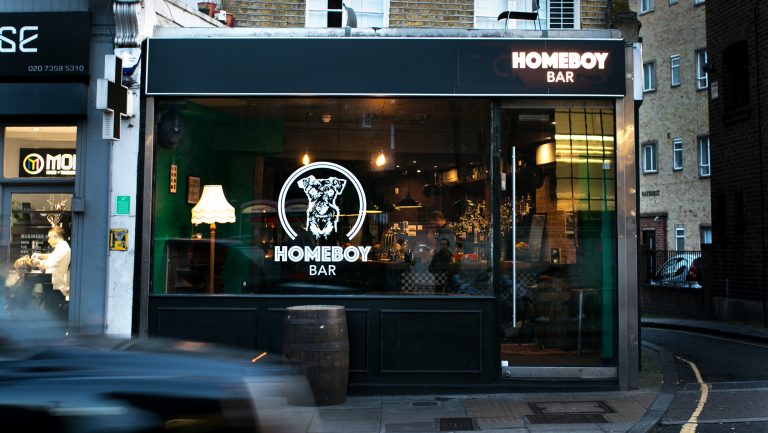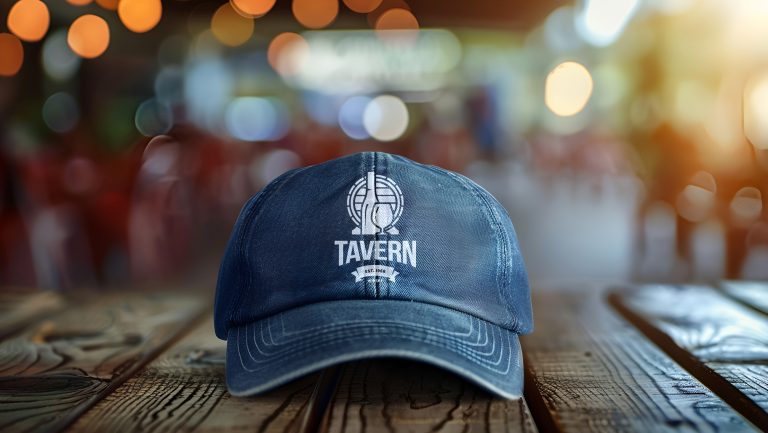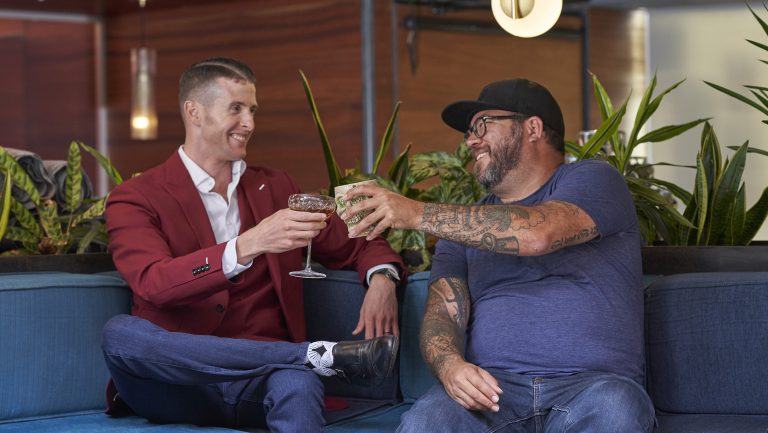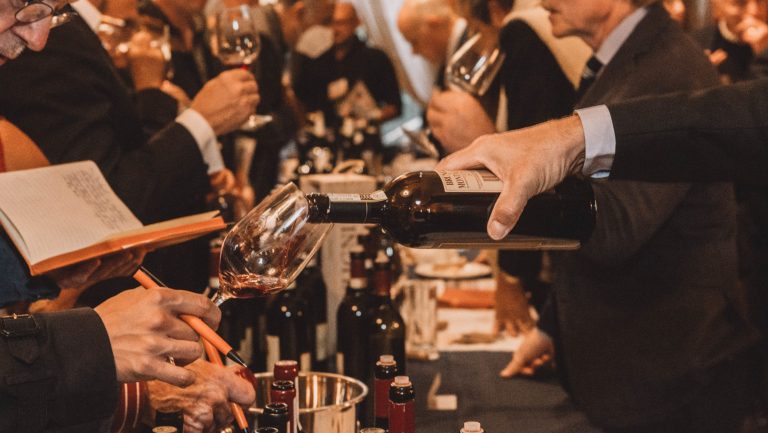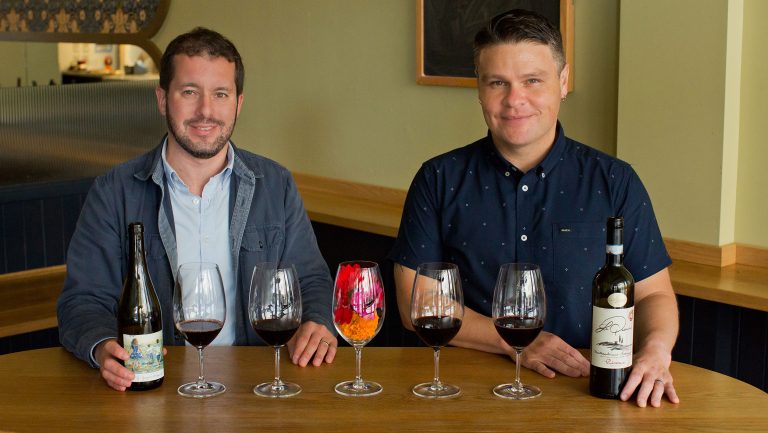In just three years since its 2013 opening, Dead Rabbit in New York City had received more press coverage and won more Tales of the Cocktail Spirited Awards than any other bar ever. The three-floor venue was consistently packed from opening time in the morning until deep into the night. Yet when Dead Rabbit finally got the number one spot on the World’s 50 Best Bars, an annual list published by William Reed Media, in 2016 (after lingering in second place in 2015 and 2014), its already sky-high annual net sales of $6 million got a 20 percent bump, according to Sean Muldoon, the bar’s co-owner. An addition of $1.2 million to a bar’s annual revenue isn’t something to sneeze at, but how can proprietors make their bars that famous in the first place, before having the funds to reinvest in big-budget marketing?
Having a famous bar can solve a lot of problems for bar owners, including increased sales, reduced staff turnover, or an easier recruitment process. But to get there, owners should be prepared to do the legwork. Here, proprietors of some world-famous bars share their strategies and offer advice on getting to the top.
Get to Know the Landscape
Proprietors looking to get attention should keep abreast of current bar trends by attending industry events to network with like-minded entrepreneurs. Cocktail weeks, competitions, and the like provide opportunities to connect but also glean new ideas.

Don’t miss the latest drinks industry news and insights. Sign up for our award-winning newsletters and get insider intel, resources, and trends delivered to your inbox every week.
Benjamín Padrón Novoa, a partner in Licorería Limantour in Mexico City, advises prospective bar owners to research existing concepts. “[When we opened Limantour in 2011] we invested from our own money—not the bar’s—to travel to London Cocktail Week three years in a row,” he says. “[We needed] to know the people who run the top bars in the city and to look for trends, as an inspiration and to get knowledge and new and better techniques.”
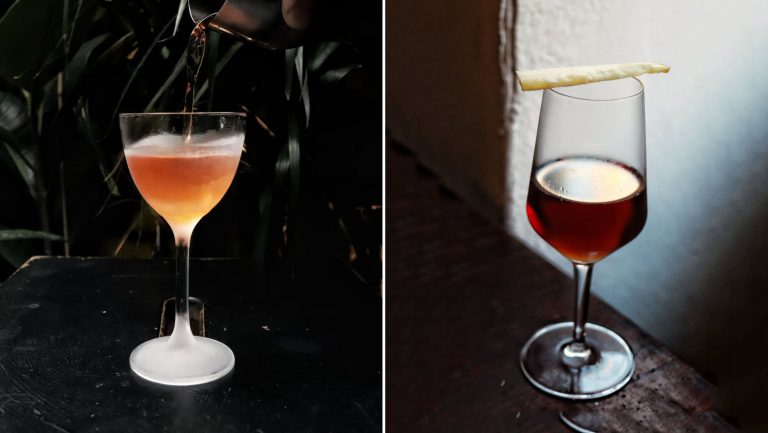
Bar owners could also benefit from picking up new skills beyond the rack, like marketing and social media. Moe Aljaff, a co-owner of Two Schmucks in Barcelona—a relative newcomer to the bar world—says he knew he had to learn as much as possible.
Each night, after closing the bar, Aljaff and his cofounder, AJ White would stay up and surf the Internet for hours, educating themselves, among other things, about social media algorithms and how to edit YouTube videos and absorbing the leadership lessons of the motivational speaker Simon Sinek. “[Sinek’s] mantra is that people don’t care what you do but why you do it,” Aljaff says. “We try to reflect our ‘why’ by documenting our journey” through honest social media posts that have garnered a strong following from international fans.
Get the Basics Right
Proprietors can’t expect fame overnight, especially if they can’t achieve the minimum: Pleasing customers. Louis Lewis-Smith, the owner of The Dark Horse in Bath, England (which was short-listed for the Tales of the Cocktail Spirited Awards’ Best New International Cocktail Bar in 2016), is unequivocal when it comes to the engine of his bar’s fame: “We put enormous effort into the guest experience. We aim for every single person coming through our doors to have an incredible experience from start to finish—start being making the booking, and finish being getting home.
“Awards nominations have certainly helped in giving us global reach,” continues Lewis-Smith. “We get a lot of guests from overseas [who are] visiting Bath as tourists and have heard of The Dark Horse already and have it in their itinerary alongside the Roman baths, Stonehenge, et cetera. At that point, it is super important that we meet expectations. I like to think we do at a very high rate.”
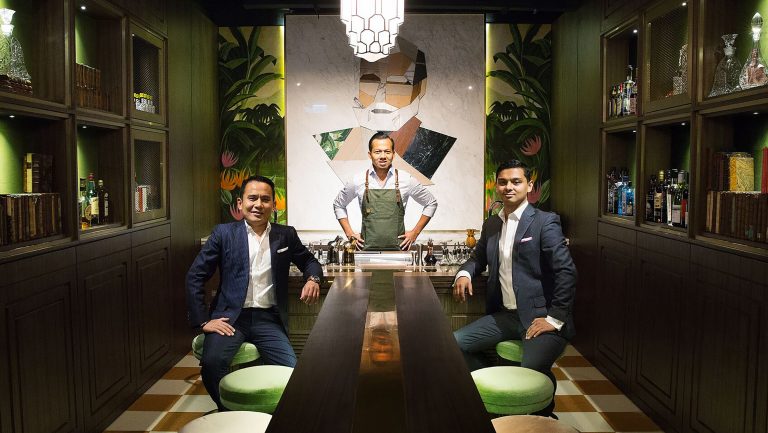
Lewis-Smith’s sentiments are echoed by Agung Prabowo, the owner of The Old Man in Hong Kong (number one on Asia’s 50 Best Bars 2019). “Since opening,” Prabowo says, “we have worked toward cultivating a team that is dedicated to delivering a seamless guest experience. It is this commitment to hospitality that turns first-time guests into long-term advocates, and passion projects into award-winning bars.”
When a bar becomes locally known for its hospitality, owners should be prepared to work with media, with as rapid and as thorough a response as possible. Hanna Lee of Hanna Lee Communications in New York City, emphasizes that a bar needs to have its press and media “tool kit” fully stocked and ready to roll at all times. This digital kit should include “an announcement press release that describes the concept of the bar, its signature drinks, and bios of the key bartenders and owners that detail their current roles and responsibilities,” she says. Additionally, “media will always prefer to cover a bar that has [cocktails and decor] photographed [as well as profile photos] versus one that does not. [Bars have lost] many an opportunity… because [they] simply do not have press materials and photos ready to share on demand.”
Collaborate with Like-minded Bar Owners and Bartenders
Leveraging one’s contacts—other bars, bartenders, brands, and media—through collaboration can be an effective way to bootstrap a brand-new bar. Such collaboration can take several forms. When Vasilis Kyritsis cofounded The Clumsies in Athens, his first step was to “recruit” influential fans Kyritsis had met at bar industry events and conferences.
“What we did at The Clumsies first,” says Kyritsis, “was to invite some key people when we opened—Ryan Chetiyawardana [of Lyaness and Super Lyan, both in London], Erik Lorincz [the former head bartender of the American Bar at the Savoy in London], and writers behind London’s The Cocktail Lovers—in order to show them our bar and, in general, the Athens bar community,” says Kyritsis. “They became something like Clumsies ‘ambassadors’ around the world, as they shared our vibes with other people in our industry, including brands and other experts.”
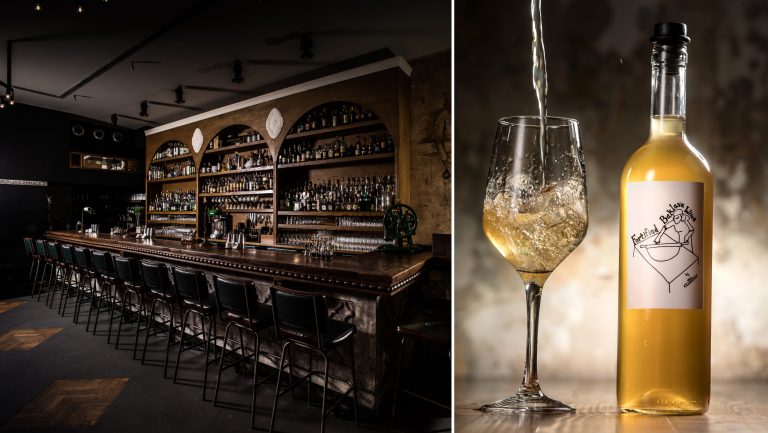
Brand collaboration, if done right, can also be a profile-raising move. “By [stocking big brands] and getting on their radars, bars can maximize the likelihood of being approached for events,” says Lee. Bars can earn additional press, and probably at no cost to themselves, she says, because brands will likely pay PR agencies themselves.
Of course, not every brand partnership makes sense. Bars should think about spirits brands that match their theme or mission—the Japanese-inspired bar Katana Kitten (named Best New American Cocktail Bar in 2019 by Tales of the Cocktail Spirited Awards) in New York City, for example, maintains a relationship with Suntory whisky. In London, the “modern Irish hospitality” bar Homeboy works with Irish whiskey brands.
Alexandra Irving, the owner of the agency LX PR, based in London, recommends that bars shouldn’t just focus on partnering with big brands. “Sometimes,” she says, “the small to medium brands have some budget to spend and you’ll be a key [partner] in their market. When Porter’s [Gin] wanted to launch in France, we introduced them to the team at Little Red Door [number 33 on The World’s 50 Best Bars list in 2018] in Paris. Porter’s was able to financially support some of LRD’s activities and in exchange got a coveted listing on its menu—[Porter’s] first in Paris, which was a huge win.”
The proprietors interviewed here all prove one thing: It takes time for a bar to achieve a certain level of fame, but the seemingly small stuff—staying on top of trends, old-fashioned networking, and providing a solid guest experience—ultimately lead to the big stuff, like guest loyalty, press exposure, and brand partnerships. There’s no one clear path to “fame,” but focusing on the fundamentals creates a solid foundation on which to build up to it on a global scale.

Dispatch
Sign up for our award-winning newsletter
Don’t miss the latest drinks industry news and insights—delivered to your inbox every week.
Philip Duff owns the on-trade consultancy Liquid Solutions. He founded Holland’s first speakeasy bar—Door 74 in Amsterdam—and owns the award-winning Old Duff Genever brand. Duff has published articles in Drinks International, CLASS magazine, Imbibe UK, Mixology (Germany), Australian Bartender, and Reuters. He also serves as the educational director for Tales of the Cocktail and is a judge for the IWSR, the World’s 50 Best Bars, and the Spirited Awards. He lives in New York City with his wife, stepdaughter, and a crested gecko.

